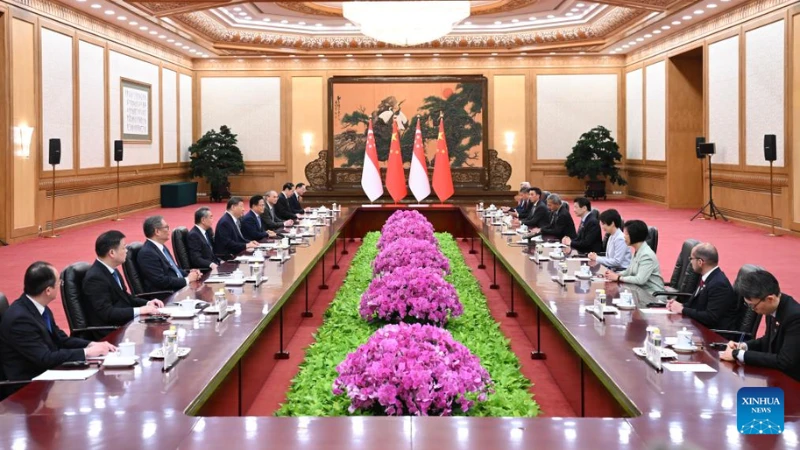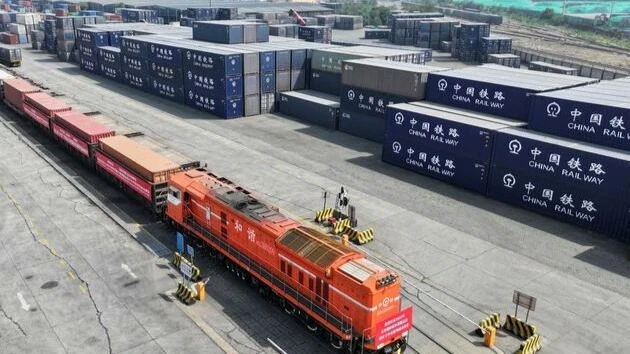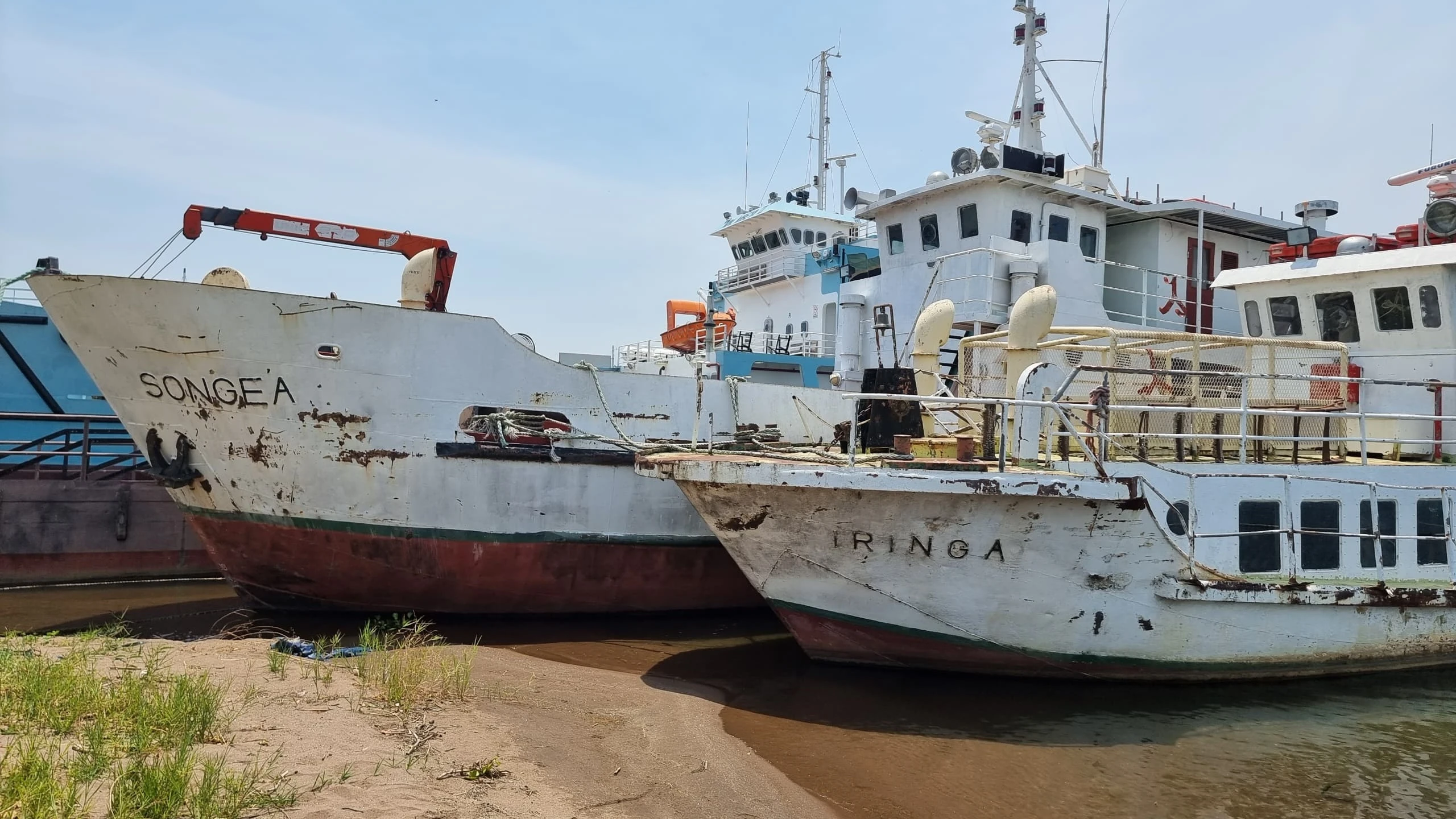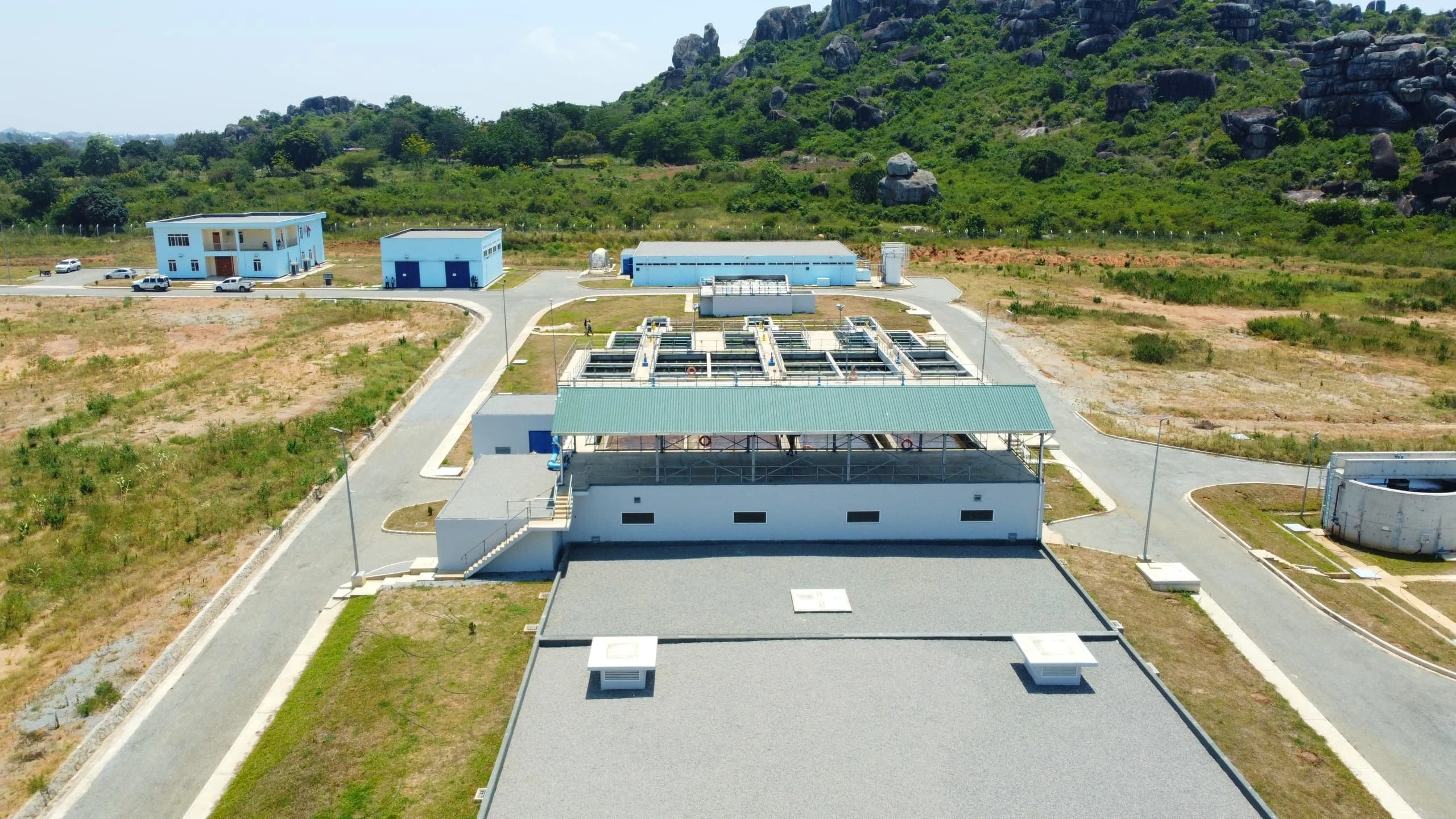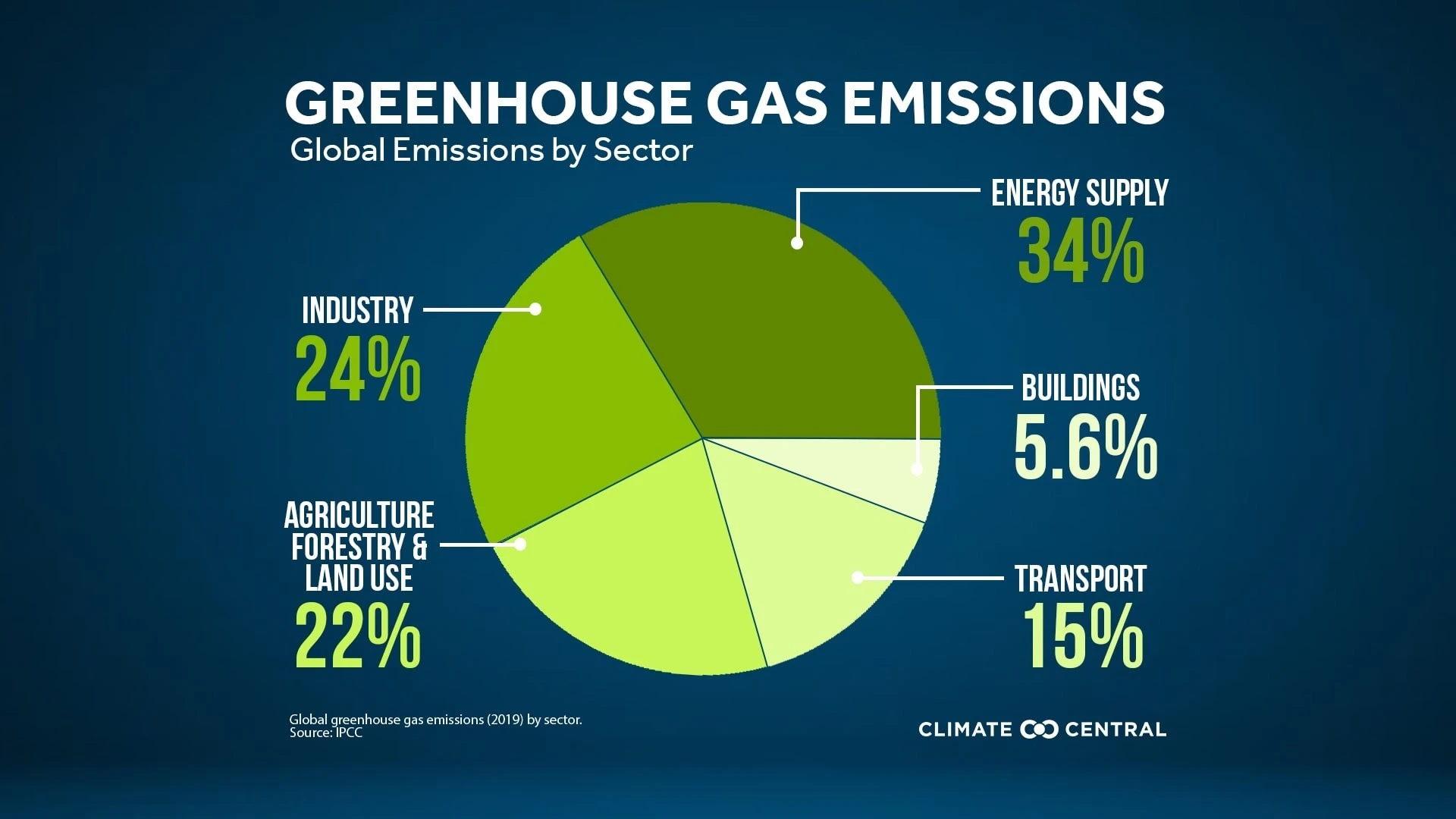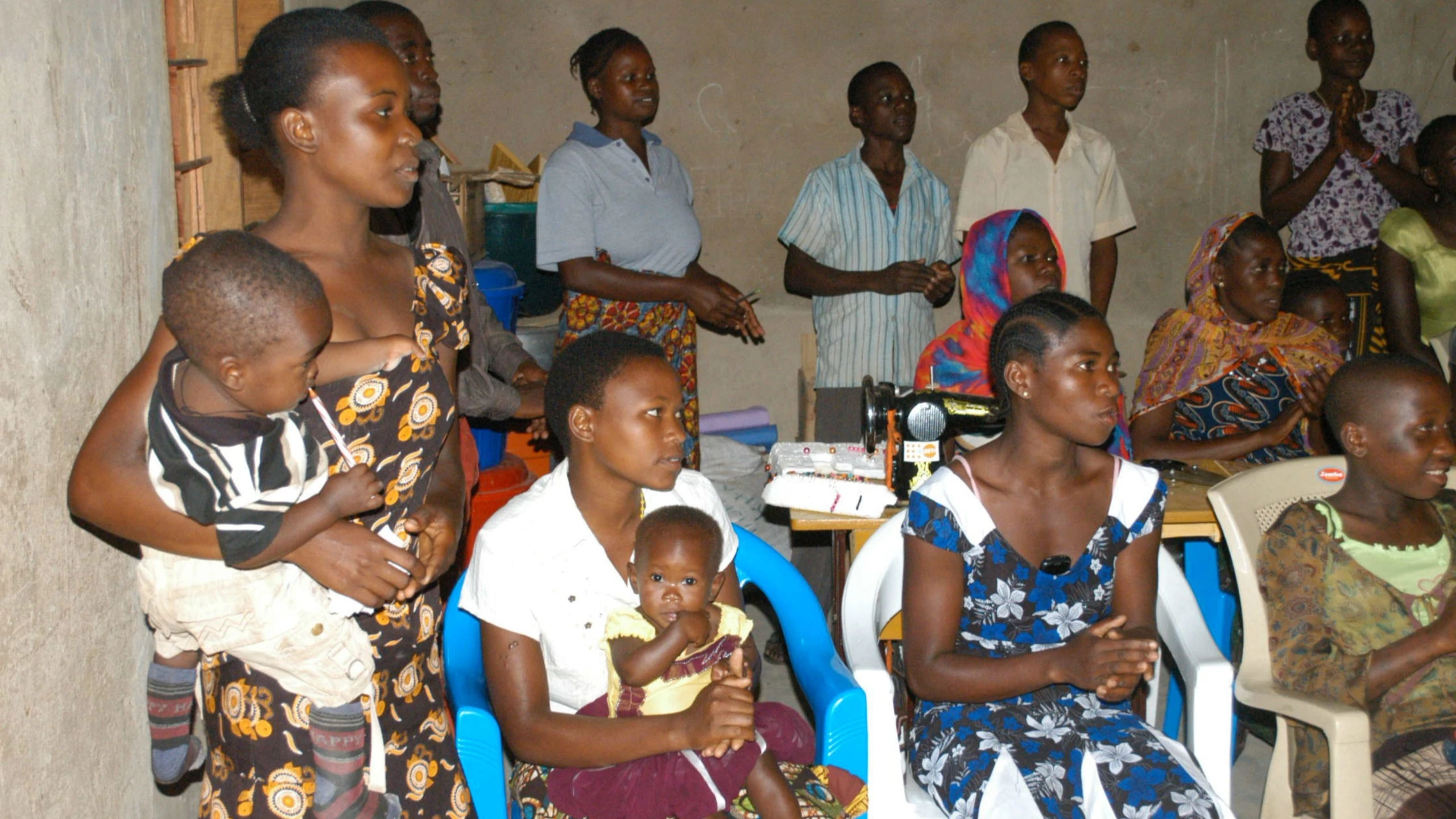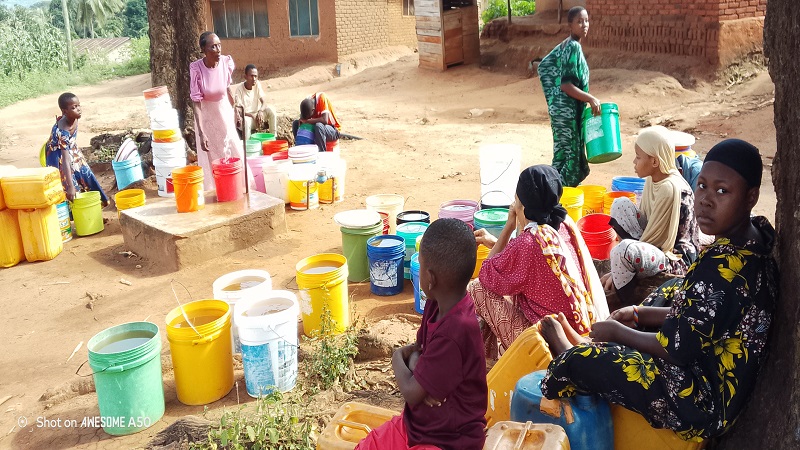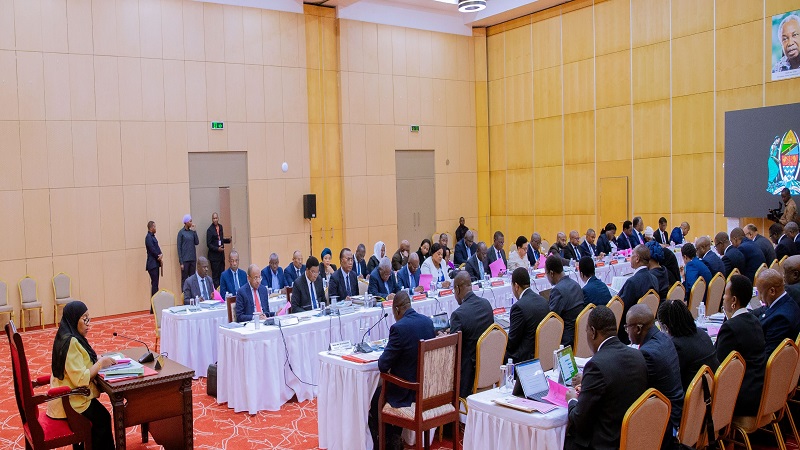18 villages in Tanga set to benefit from marine conservation project
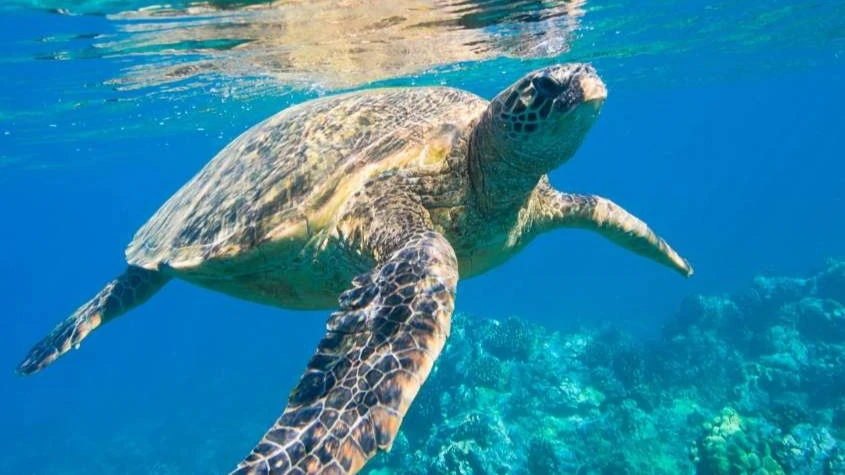
EIGHTEEN coastal villages in Tanga Region are poised for a significant transformation in marine conservation and the fishing sector with the launch of a new participatory initiative dubbed 'Pwani Yetu' (Our Coast).
This two-year project aims to strengthen sustainable marine resource management and empower local communities, particularly women, through diversified income-generating activities.
Funded by the German development agency GIZ and implemented by the Mwambao Coastal Community Network Tanzania, 'Pwani Yetu' will roll out across Tanga City, Muheza, and Mkinga districts. The initiative emphasises a collaborative approach, bringing together various stakeholders to foster long-term environmental and economic stability.
Speaking in Tanga during the project’s official launch, Ahmed Salim, coordinator of the Mwambao Coastal Community Network, articulated the project's core objectives.
"This project aims to bring meaningful change to marine resource conservation and fisheries," he stated. "We will actively support women at the grassroots level to participate in economic activities and equip community-based organizations like Beach Management Units (BMUs) and Collaborative Fisheries Management Areas (CFMAs) with the necessary tools and training to effectively protect coastal and marine ecosystems."
This dual focus on ecological preservation and economic empowerment is central to the project's strategy.
Nelson Mdogo, a marine conservation advisor with GIZ, highlighted the financial commitment and the urgency of the initiative. Valued at €450,000, the project directly seeks to protect endangered marine resources that are facing increasing threats from the rapid growth of economic activities along the coast.
"As we all know, marine-based economic activities are rising rapidly, putting immense pressure on fragile ecosystems," Mdogo cautioned. "This project will not only help save those critical resources but also build local capacity to sustain conservation efforts long after the project officially ends, ensuring a lasting impact."
Kengela Mashimba, the 'Pwani Yetu' project officer at Mwambao Coastal Community Network, elaborated on another vital component of the initiative. She explained that the project will actively support fisher folk in crafting localised bylaws.
These bylaws are designed to enhance self-governance and improve decision-making processes within the fishing communities.
"This initiative will empower fishing communities to create their own regulations and make informed decisions independently, especially in times of conflict or governance gaps," Mashimba emphasised.
"It will also offer crucial financial support to diversify their income sources, ultimately reducing their economic overdependence on marine resources and mitigating environmental degradation caused by unsustainable practices."
The 'Pwani Yetu' project represents a significant step towards fostering resilient coastal communities and safeguarding Tanzania's precious marine biodiversity through a participatory and empowering model.
Top Headlines
© 2025 IPPMEDIA.COM. ALL RIGHTS RESERVED








